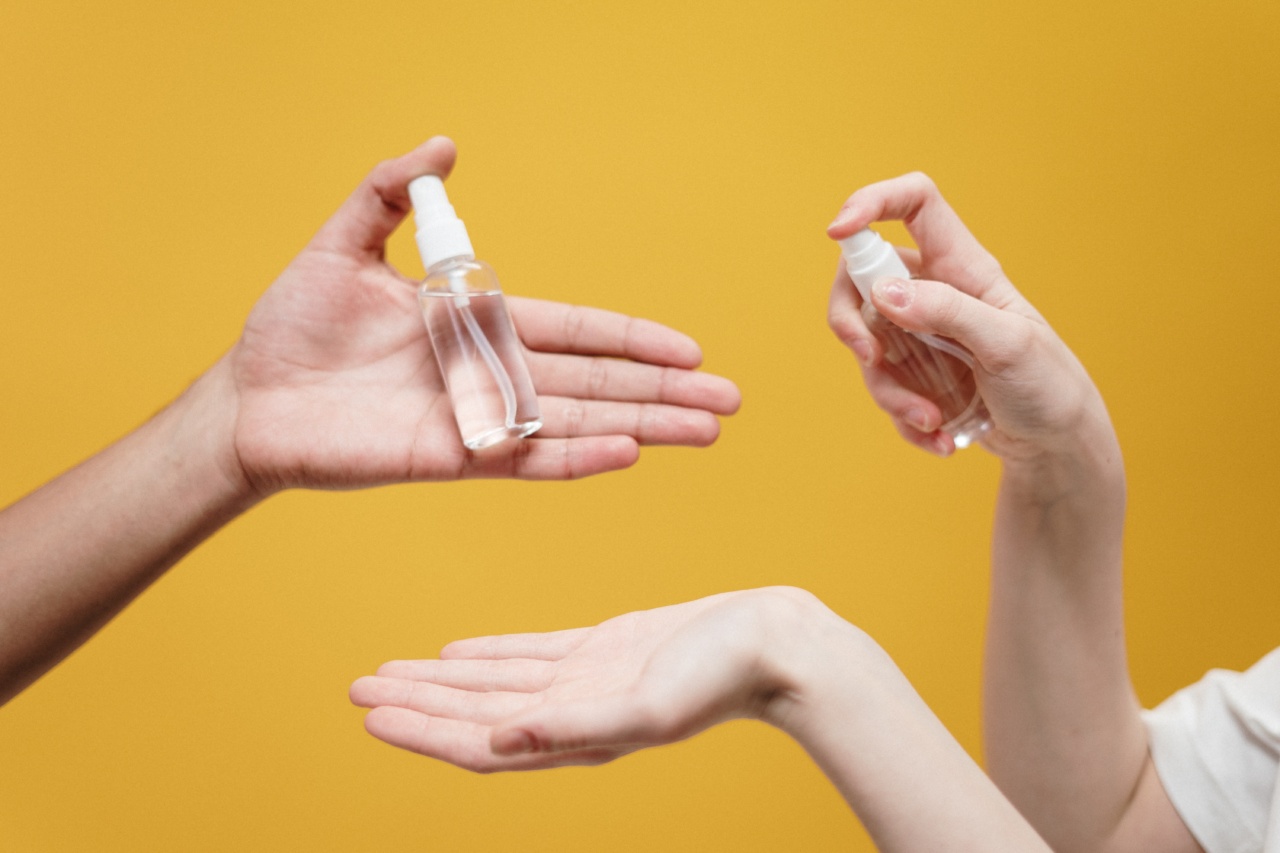Alcohol is one of the most popular and widely consumed drinks in the world. While drinking alcohol can be fun and enjoyable, it can have a significant impact on your liver. The liver is responsible for processing and metabolizing alcohol in the body.
However, excessive consumption of alcohol can damage your liver and lead to serious health issues. In this article, we will discuss how much alcohol is safe for your liver and the potential risks associated with excessive drinking.
What is Alcohol?
Alcohol is a psychoactive substance that is produced by the fermentation of sugars and grains. The most common types of alcohol are ethanol and methanol.
Ethanol is the type of alcohol that is found in alcoholic beverages, while methanol is a toxic type of alcohol that should be avoided. In moderation, alcohol can have some health benefits, such as reducing the risk of heart disease. However, excessive drinking can have negative effects on the liver and other organs in the body.
How Does Alcohol Affect the Liver?
The liver is responsible for breaking down ethanol, the type of alcohol found in beer, wine, and spirits. When you drink alcohol, the liver processes it and converts it into a harmless substance called acetate.
However, excessive drinking can damage the liver cells, which can lead to inflammation and scarring of the liver. This condition is known as alcoholic liver disease (ALD).
How Much Alcohol is Safe for Your Liver?
The amount of alcohol that is safe for your liver depends on a variety of factors, including your age, weight, and overall health.
For healthy adults, moderate alcohol consumption is generally safe and defined as up to one drink per day for women and up to two drinks per day for men. A standard drink is defined as 12 ounces of beer, 5 ounces of wine, or 1.5 ounces of distilled spirits.
It’s important to note that drinking more than the recommended amounts can increase your risk of developing liver disease. In fact, heavy drinking is one of the leading causes of ALD.
For women, heavy drinking is defined as more than eight drinks per week, while for men, it’s defined as more than 15 drinks per week. Binge drinking, or consuming a large amount of alcohol in a short period of time, can also increase your risk of liver damage.
The Risks of Excessive Drinking
Excessive drinking can have a number of negative effects on the liver and other organs in the body. In addition to ALD, heavy drinking can lead to cirrhosis, a condition in which the liver becomes severely scarred and can no longer function properly.
Cirrhosis can lead to a number of serious health problems, including jaundice, liver cancer, and hepatic encephalopathy, a condition that affects brain function.
Excessive drinking can also increase your risk of developing other health problems, such as high blood pressure, heart disease, and stroke.
In addition, alcohol can impair your judgment and increase your risk of accidents, injuries, and other dangerous situations.
The Bottom Line
In moderation, alcohol can be enjoyed without causing significant harm to the liver or other organs in the body. However, excessive drinking can lead to serious health problems, including liver disease and cirrhosis.
If you choose to drink alcohol, it’s important to do so responsibly and in moderation. If you’re concerned about your alcohol consumption or its impact on your health, talk to your doctor or a healthcare professional for advice and guidance.
Conclusion
Alcohol is a commonly consumed substance that can have significant effects on the liver and other organs in the body.
While moderate drinking is generally safe for healthy adults, heavy drinking can increase your risk of developing liver disease and other serious health problems. If you choose to drink alcohol, it’s important to do so responsibly and in moderation. Remember, the key to a healthy liver is to maintain a balanced diet, exercise regularly, and avoid excessive drinking and other harmful substances.


























